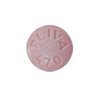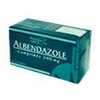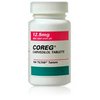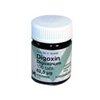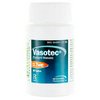INDICATIONS
Propranolol is used for treating certain types of irregular heartbeat. Propranolol is a beta-blocker. It works by decreasing the action of pacemaker cells and slowing certain impulses in the heart. This helps to control irregular heartbeat.
INSTRUCTIONS
Use Propranolol as directed by your doctor.
- Take Propranolol with a full glass of water.
- Take Propranolol on a regular schedule to get the most benefit from it. Taking Propranolol at the same time each day will help you remember to take it.
- Continue to take Propranolol even if you feel well. Do not miss any dose.
- Do not suddenly stop taking Propranolol. You may have an increased risk of side effects. If you need to stop Propranolol or add a new medicine, your doctor will gradually lower your dose.
- If you miss a dose of Propranolol, take it as soon as possible. If your next dose is less than 4 hours away, skip the missed dose and take the medicine at the next regularly scheduled time.
Ask your health care provider any questions you may have about how to use Propranolol.
STORAGE
Store Propranolol between 68 and 77 degrees F (20 and 25 degrees C). Brief storage at temperatures between 59 and 86 degrees F (15 and 30 degrees C) is permitted. Store away from heat, moisture, and light. Do not store in the bathroom. Keep Propranolol out of the reach of children and away from pets.

